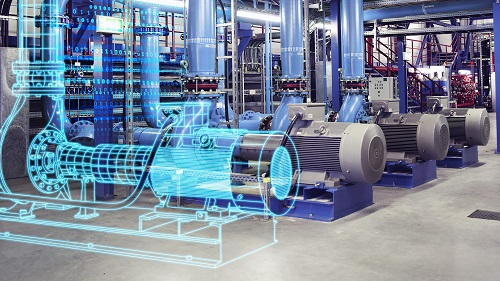
Ahuora: Delivering sustainable industry through smart process heat decarbonisation
Type: MBIE Advanced Energy Technology Platform (CONT-69342-SSIFAETP-UOW)

Funding and dates: $12,500,000 (total), Oct. 2020 – June 2027
Domestic collaborators: University of Auckland, Massey University,
International collaborators: Kassel University, Maribor University, Lucerne University of Applied Sciences and Arts, Technical University of Denmark, University of New Brunswick, Stellenbosch University, Technical University of Munich
Industry and external partners: Aurecon, Beca, DETA Consulting, Fonterra, Fletcher Building, KBC Advanced Technologies, NZAPWS, Tidy International, Thermal Chemistry, WEL Networks, Venture Taranaki
Key researchers: Professor Michael Walmsley (Programme Leader), Dr Tim Walmsley (Aim Leader), Dr Martin Atkins (External Engagement Leader), Associate Professor James Carson (Aim Leader), Professor Mark Apperley (Aim Leader), Professor Brent Young (UoA Leader), Professor Don Cleland (Massey Leader), Dr Panos Patros (Software Architecture Leader), Dr Wei Yu, Dr Jim Chen and Dr Danielle Bertram
Abstract: This project aims to create a new Adaptive Digital Twin energy-technology platform (Ahuora), underpinned by the next-generation of energy systems science, that will be accessible to engineering researchers, service providers and industrial site-owners and is essential to decarbonise the process heat sector. Research over the past several decades has shown that decarbonisation of the process heat sector cannot be solved sustainably by a single “silver bullet” energy technology; rather, it demands a range of technologies integrated with an industrial site to form a unified energy system utilising renewable energy. A net-zero-carbon process heat sector will require highly integrated, productive and efficient systems that encompass both the industrial site as well as neighbouring industries, renewable resources and communities.
Catalysing investment in New Zealand wood-energy industrial symbiosis opportunities
Type: MBIE Research Programme (CONT-37659-EMTR-FRI)
Funding and dates: $4,160,000 (total), Oct. 2014 – Sep. 2018
Research collaborators: Scion (programme leader), GNS
Industry and external partners: Oji Fibre Solutions, Norske Skog Tasman, Kawerau District Council, Grow Rotorua, Ngati Tuwharetoa Holdings and H. R. L. Morrison & Co
Researchers involved: Professor Michael Walmsley, Dr Martin Atkins (Aim Leader), Dr Tim Walmsley and Dr Amir Tarighaleslami
Abstract: Wood waste and geothermal heat are two of New Zealand’s most significant natural resources that could be better utilised for energy purposes. In New Zealand’s Central North Island, there is growing interest in industrial symbiosis: the sharing of resources and processes within integrated industrial clusters. These clusters could collectively optimise resource use and deliver improved economic viability of wood energy and wood processing in New Zealand. Investment in New Zealand’s wood-energy industrial symbiosis opportunities has been limited due to lack of clear investment cases. Our research programme will quantify New Zealand's wood-energy industrial symbiosis opportunities and catalyse new investment and directly involve stakeholders from industry, regional councils, and iwi.
Acknowledgement: Professor Peter Kamp, Dr James Neale
Improved process and direct heat energy efficiency for New Zealand industry
Type: MBIE Research Programme (CONT-33978-EMTR-UOW)
Funding and dates: $2,950,000 (total), Oct. 2013 – Sep. 2016
Industry and external partners: Fonterra, the Energy Education Trust, and Windsor Engineering
Researchers involved: Professor Michael Walmsley, Dr Martin Atkins (Aim Leader) and Dr Tim Walmsley
Abstract: This proposal addresses the question: What research initiatives will provide the greatest impact in energy savings and greenhouse gas reductions for New Zealand industry, including direct heat and/or process heat applications? This proposal outlines research initiatives to identify opportunities to make process and direct heat energy savings in the diary processing and timber drying sectors. These sectors use about 40% of the primary energy used for industrial process heat in New Zealand and are growth industries. Our aim is to achieve 0.83 - 1.25 PJ/y process heat and 0.022 - 0.044 PJ/y electrical savings in dairy processing, corresponding to $13.24 - 20.33 M/y savings in energy costs for current levels of production.
Acknowledgement: Professor Peter Kamp, Dr James Neale
